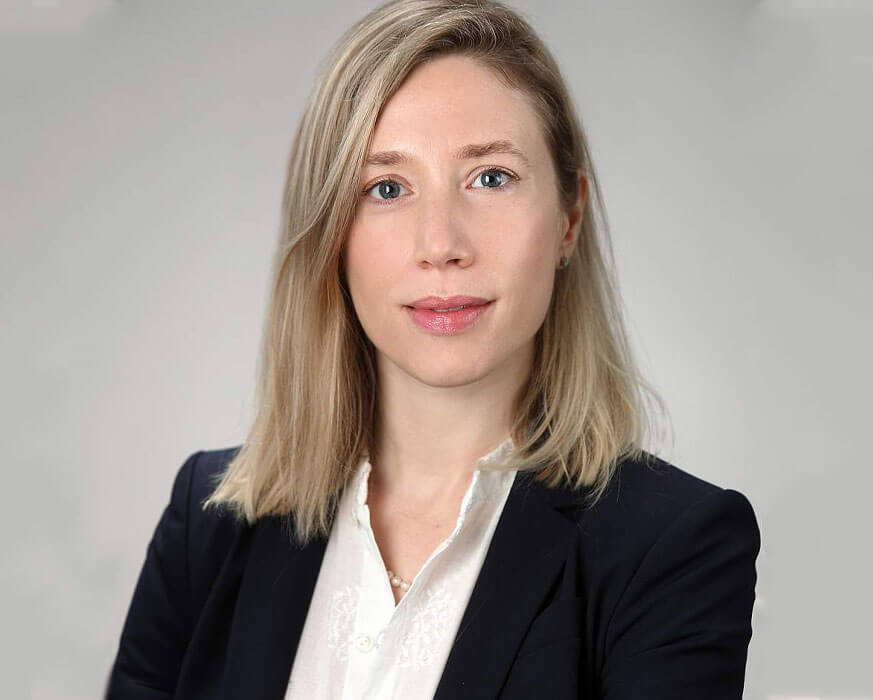Introducing the HEAL Community Partner Committee

Rebecca G. Baker, Ph.D., is the director of the NIH HEAL Initiative®. Read more about Dr. Baker.
Dear HEAL Community,
Helping to End Addiction Long-term® will entail rebuilding the ways we care for one another, so that individuals understand and manage their own health. It’s important that we do this in partnership with providers and health systems, to address the wide range of factors that affect individual circumstances.
Including people with lived experience in HEAL-funded research is a key part of this future. The HEAL initiative is taking steps to ensure that our research projects are planned, designed, and conducted with meaningful input from individuals, family and community members, and caregivers affected by pain and addiction.
The newly formed HEAL Community Partner Committee is helping us take on this challenge. The Committee is made up of people with lived experience, advocates, and/or family members of someone with pain or addiction. It is a subcommittee of the HEAL Multidisciplinary Working Group who advises the initiative on research directions and activities.
The HEAL Community Partner Committee will provide input on key issues faced by individuals affected by pain conditions or opioid use disorder to ensure the relevance and generalizability of HEAL-supported research. Input from the Committee will help identify, refine, and prioritize patient and community engagement activities and scientific research activities and protocols. They will ensure that HEAL holds itself accountable to our dedication to research of highest ethical and scientific standards – achieved through fully inclusive practices.
Currently, the Committee is mapping out a plan of action to optimize patient engagement within all HEAL-funded research. An immediate priority is to see how well we are doing; they will first determine the current extent of patient engagement within the HEAL research portfolio. This benchmark will define a baseline from which to measure progress resulting from funding and other opportunities aimed to maximize involvement of people with lived experience in HEAL research.
The dedication and ingenuity of this important group is a gift to HEAL, and I look forward to working with all of them to ensure our research is patient-centered and that its benefits are equitably distributed. I’d like to dedicate this Director’s Message to introducing you to the new members of the Committee.
Kevin Charles works as a certified peer specialist and recovery coach with Family and Medical Counseling Services, Inc. in Washington, DC. Every day, he meets with clients on prevention and recovery support. Looking beyond the moment, Kevin’s focus is on long-term health, learning the story behind a face to help someone get the help they need. A current project he’s involved with is expanding the “Don’t Mute DC” Go-Go band revival to include awareness about opioid use prevention and harm reduction for youth.
Dawn Edwards lives with pain from chronic kidney disease. At one time a stranger to medical research, she is now a passionate advocate for its role in advancing health. Dawn participates in the HEAL Hemodialysis Opioid Prescription Effort (HOPE) study and is a member of NIDDK’s Advisory Council. She works tirelessly to dispel myths and build trust, especially among communities of color, sharing her personal experience with skeptical others: “I’ve participated in research, and it’s not what you think it is.”
Bianca Prieto works for the Georgia Council on Substance Abuse, a recovery community organization in Atlanta. She is working hard to expand services for individuals from Hispanic, immigrant, and refugee populations. An optimist at heart, she prefers to connect with people through stories, looking deeper to find out what motivates them. Bianca believes that respect is a core component for convincing people that participating in research can help them and others. Non-stigmatizing language is essential.
Jessica Hulsey lost both of her parents to addiction, and she founded the Addiction Policy Forum. She too sees huge potential for clearer communication to help bridge the gap between scientists and people with illnesses like substance use disorders and chronic pain. Involving patient voices in research can fill this gap – not just to enhance recruitment but also to show researchers what meaningful engagement looks like and how to avoid harmful stigma.
Philip Rutherford is the Chief Operating Officer at Faces & Voices of Recovery, where he created a cloud-based platform to collect nationwide data about recovery outcomes. He sees the power of data as the “great equalizer to cut through the stigma about substance use disorders” by collecting “recovery vital signs" and has also drawn specific attention to the need for culturally specific programming to assist people in their recovery journey.
Stephanie Smith wants to be a change agent – a voice for people with pain who want non-opioid choices identified and tested through rigorous research. She participated in a HEAL-funded research study testing non-surgical methods for reducing knee pain in patients with knee osteoarthritis. Stephanie's goal through the HEAL Community Partner Committee is to advocate for an ongoing dialogue – rather than a single question-and-answer encounter – between researchers and individuals with lived experience.
Christin Veasley has amplified the voice of people with chronic pain for many years. Herself living with daily chronic pain, she co-founded and now leads the Chronic Pain Research Alliance and serves on the NINDS Advisory Council. Christin is co-chairing an international workshop to develop practical guidance on how to increase and improve authentic engagement of patients and other stakeholders in clinical pain research.
The HEAL Community is honored to have these individuals join our team. Please continue to watch this space for more information about their work and how it will guide HEAL research to have meaningful impacts for the individuals and communities affected by pain, opioid misuse, addiction, and overdose.
As always, share information about HEAL with your networks and remember that we want to hear from you. It just takes a quick email to HEALquestion@od.nih.gov.
 U.S. Department of Health & Human Services
U.S. Department of Health & Human Services
